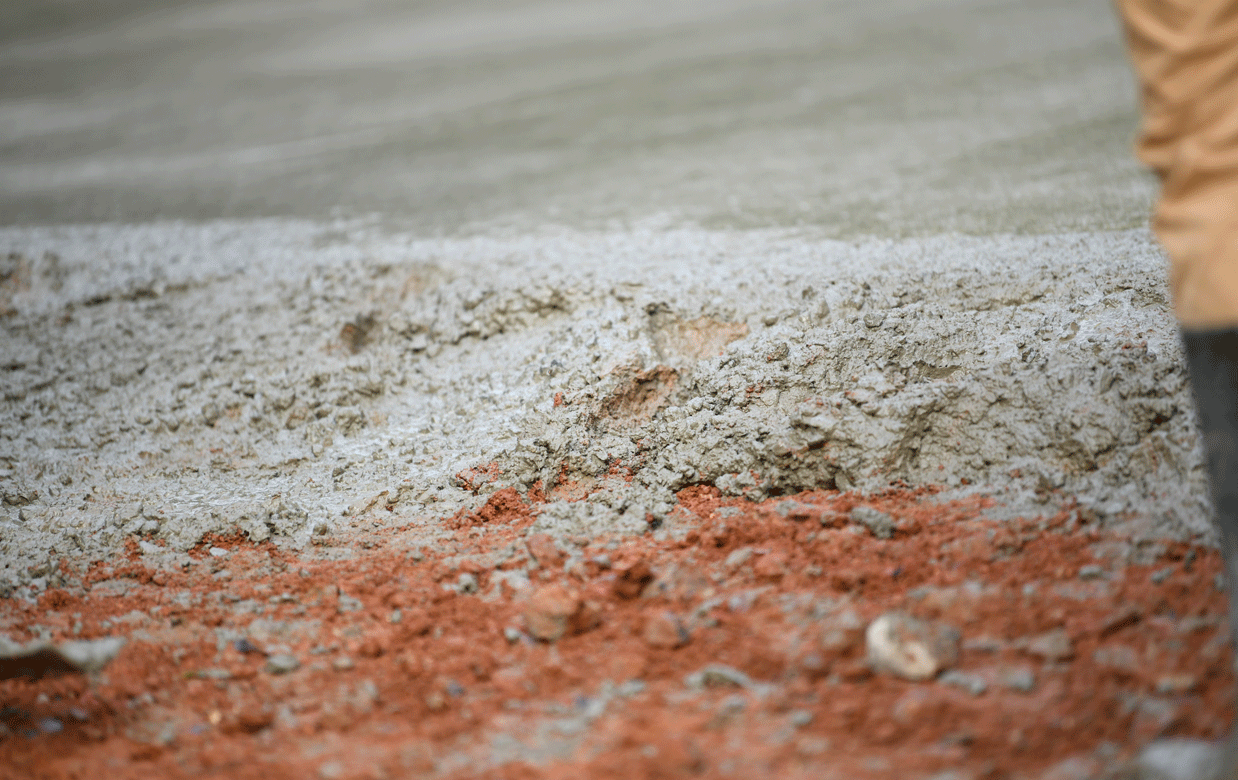Concrete vs Asphalt | Which is Better?


If it’s your first time getting any sort of driveway work completed as a homeowner, one of the first major decisions to make is whether you would like to use asphalt or concrete for your project.It’s no coincidence that 99% of residential driveways are constructed of concrete. There are several scenarios where concrete should be considered the superior alternative.
Pros and Cons of Asphalt vs. Concrete
Strength:
Asphalt is a sticky, black petroleum-based product that will soften over time, causing a problem called ‘washboarding’. This is due to its lack of structural integrity. The reason asphalt is not recommended for driveways is that it is very susceptible to “pitting” and deterioration from cars parking on it.
Concrete is a structural material that is designed to handle compressive loads–like a building or car. Concrete does not weaken in its structural properties.
Life-term:
On average, concrete lasts about twice as long as asphalt. Your newly installed concrete driveway should last 30-40 years if produced properly and maintained regularly. Asphalt requires regular maintenance every couple of years. These expenses can be for maintenance like sealing the surface, crack sealer, and cold patching.
Asphalt is a sticky, black petroleum based product. The reason asphalt is not recommended for driveways is that it is very susceptible to “pitting” and deterioration from cars parking on it. Cars will often leak fluids that damage asphalt. If you’ve ever been in an asphalt parking lot and noticed the pitting in the middle of parking spots, that’s because the asphalt is chemically eroding.
Maintenance:
Asphalt requires regular maintenance every couple of years. These expenses can be for maintenance like sealing the surface, crack sealer, and cold patching. Asphalt is also prone to crumbling, particularly on the edges when impacted by vehicles. Concrete driveways just need to be power washed when the surface gets dirty.
Concrete does not require resealing, but it can help to prevent stains or surface damage. not affected by leaking fluids, concrete stands the test of time from any harsh chemicals or leaking fluids. Concrete is able to resist weathering, chemicals, and abrasion if installed correctly
Cost:
Concrete is usually 10-20% more expensive than asphalt for residential driveway initially. But because asphalt lasts about half as long as concrete and because asphalt needs regular maintenance, the cost of concrete is more affordable in the medium and long term.
Asphalt is suitable for very large projects like very long roads and driveway that are extreme in square footage. Usually the costs of saving for asphalt outweigh the pros of concrete in this situation.
The choice of asphalt vs concrete is often heavily considered, but when faced with the overall pros and cons of each, concrete almost always is the preferred choice.
